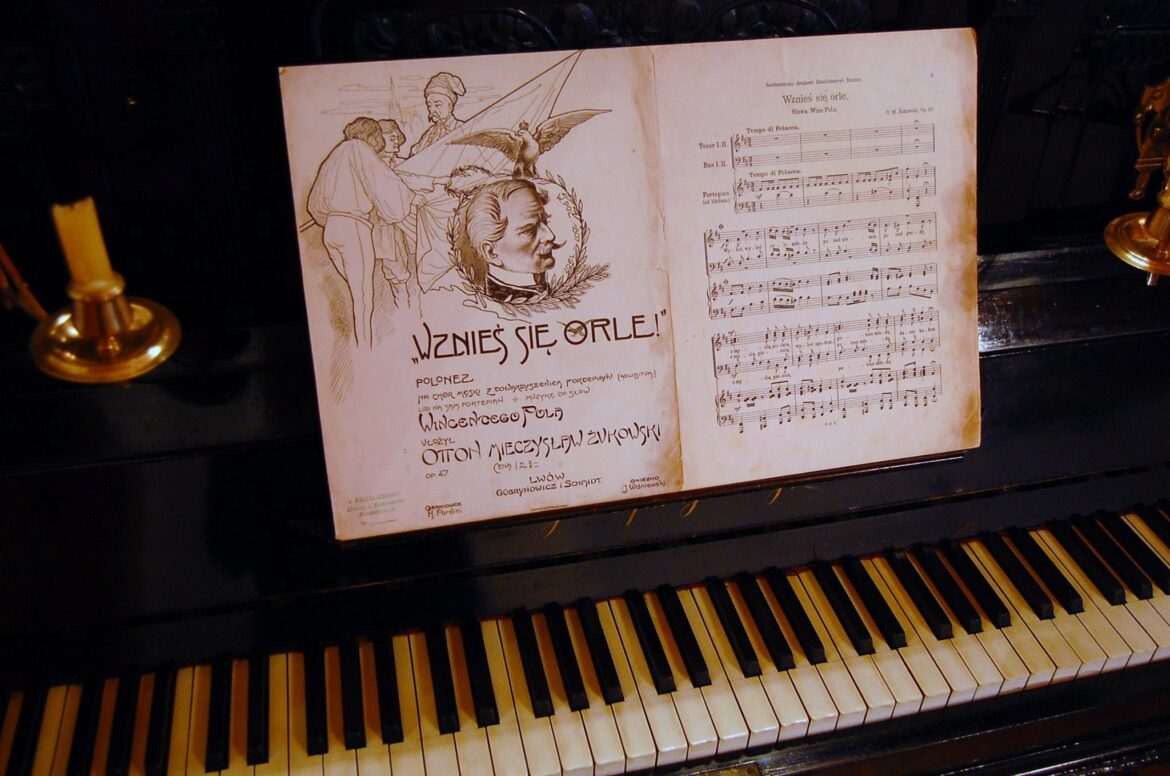215 years ago, Wincenty Pol was born in Lublin. The son of a German official became one of the most famous Polish poets. He was a lazy student but received extensive education and became famous as the first Polish professor of geography.
His father was a German and a loyal official to Austria, but he was fascinated by Polish culture. The mother descended from a Polonized French family. Wincenty received a careful upbringing, but at school he studied poorly. In 1822, he began studies at the University of Lwów (today’s Lviv), which he interrupted after his father’s death. Thanks to connections, in 1830 Wincenty was employed at the University of Wilno (in today’s Vilnius) as a deputy teacher of the German language.
After arriving in Vilnius, he took part in the November Uprising against the Russian invader, and was awarded the Order of Virtuti Militari for his bravery. After the fall of the Uprising, he crossed the border with Prussia with the army and organized help for the insurgents. In Leipzig and Dresden, he met Adam Mickiewicz, who praised his collection of poems.
After returning to the country in 1832, he joined the secret independence organizations and distributed secret correspondence, which he described in the song “Journey around Ukraine”. Due to his patriotic activity, he hid from the authorities. Pol moved to Kuźnice near Zakopane, where he conducted his own geographic and meteorological research, which resulted in the work “Journey to the Tatra Mountains”. Pol’s most famous work was the collection “Song of Our Land”, a poetic description of Polish regions, known among Poles from each part of the partitioned Poland.
In 1836, he settled in Kalnica near Sanok, where he tried to do grassroots work among peasants. At that time, he laid the foundations for his most important works in Polish geography and ethnology. In 1849 he became a professor at the Jagiellonian University, establishing the first Polish geography faculty. He was an advocate of civilization progress and a writer accused of spreading a parochial mentality based on the past.
He died in Kraków and was buried in the Rakowicki Cemetery. In 1881, his remains were transferred to the Crypt of Merit at Skałka.





